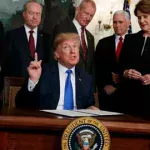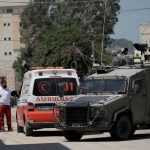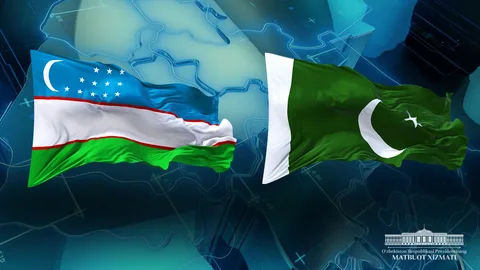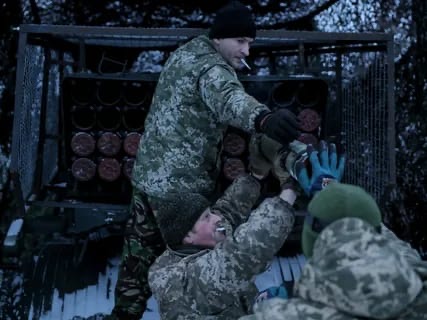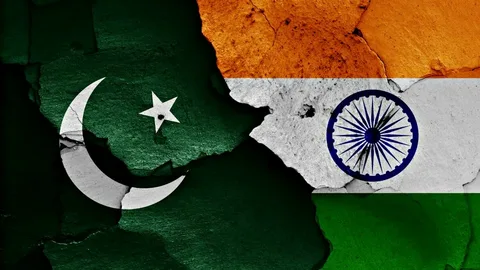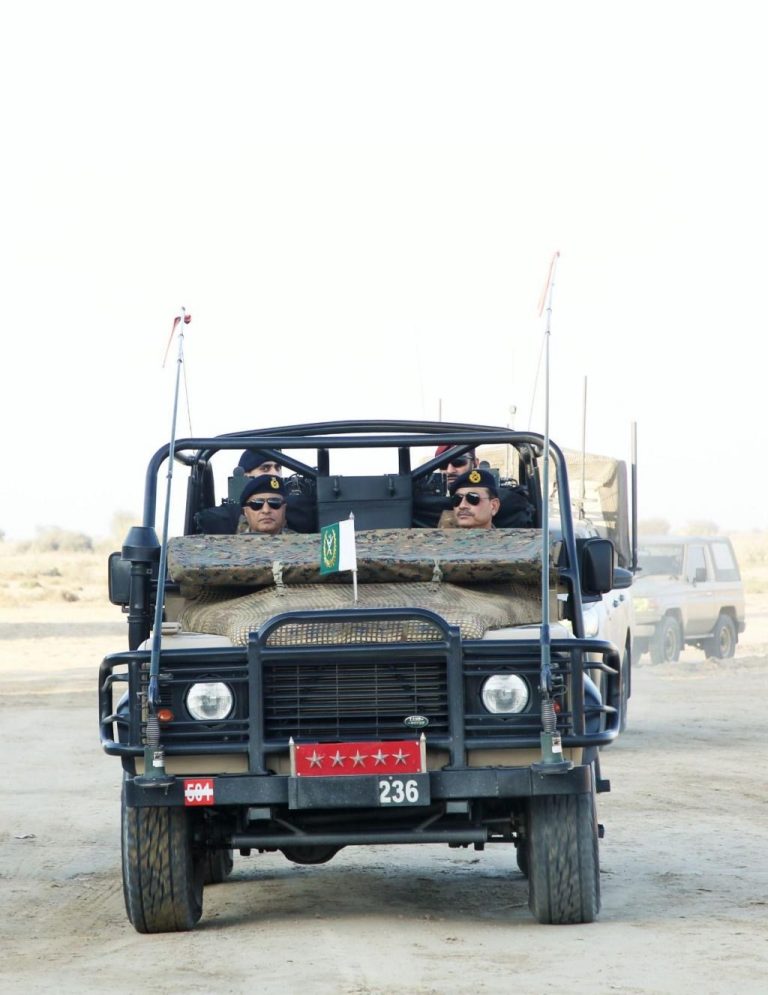In the midst of intense mistrust following Israel and the United States’ attacks on Iranian nuclear sites last month and the UN nuclear watchdog’s refusal to denounce the strikes, Iran’s president has warned the International Atomic Energy Agency (IAEA) to stop using “double standards” if it hopes to reestablish cooperation over the nation’s nuclear program.
According to Iranian state media, President Masoud Pezeshkian told European Council President Antonio Costa over the phone on Thursday that “the continuation of Iran’s cooperation with the agency depends on the latter correcting its double standards regarding the nuclear file.”
“Any repeated aggression against Iran will be met with a more decisive and regrettable response,” Pezeshkian added.
Since Israel began attacking Iran in mid-June, striking military and nuclear installations as well as many civilian locations, relations between Tehran and the IAEA have drastically deteriorated.
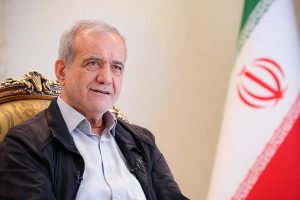
US air raids utilizing bunker-buster bombs then followed the attacks. Iran launched drones and missiles at Israel in retaliation, starting a 12-day war.
The last action before US President Donald Trump announced a precarious ceasefire was an Iranian missile strike on a US base in Qatar.
Last week, Pezeshkian signed a law suspending Iran’s cooperation with the IAEA.
Since Iran maintains that it would not abandon its civilian nuclear program in the wake of enormous attacks on the country by Israel and the United States, the Iranian parliament has enacted a law that would effectively stop the country’s collaboration with the International Atomic Energy Agency (IAEA).
The action on Wednesday follows 12 days of intense fighting between Iran and Israel, which included a heavy US military intervention that hit three Iranian nuclear facilities on Sunday, and a ceasefire mediated by the US and Qatar.

In an exclusive interview with Al Jazeera on Wednesday, Foreign Ministry spokesperson Esmaeil Baghaei stated that parliament decided to halt, but not terminate, collaboration with the IAEA, the UN’s nuclear inspector.
Citing significant damage to nuclear infrastructure, he claimed that the US had “torpedoed diplomacy” and was no longer trustworthy. He reiterated Iran’s Non-Proliferation Treaty-guaranteed right to seek nuclear energy for peaceful purposes.
Speaking about the legislative measure, Baghaei stated that it establishes terms for Iran’s future cooperation with the IAEA, such as assurances on the security and safety of Iranian nuclear facilities and scientists.
Mohammad Bagher Ghalibaf, the speaker of parliament, criticized the IAEA ahead of Wednesday’s vote for having “refused to even pretend to condemn the attack on Iran’s nuclear facilities” that the United States carried out.
Ghalibaf informed parliamentarians that Iran’s peaceful nuclear program would go more quickly if the Atomic Energy Organization of Iran suspended cooperation with the IAEA until nuclear facility security was guaranteed.
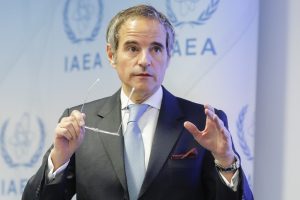
The IAEA and US intelligence services have decided that Tehran is not actively pursuing a weapon, and Iran has always claimed that its nuclear program is peaceful.
Rafael Grossi, the director-general of the IAEA, stated that he had previously written to Iran to discuss the possibility of resuming nuclear facility inspections.
According to Grossi, his inspectors must reevaluate Iran’s stores of highly enriched uranium, which the nation maintains was relocated before the US strikes. “We must go back,” he declared. “We must get involved.”
Although he acknowledged that his organization had not had access to Iranian sites since the strikes, IAEA chief Rafael Grossi called negotiations with Iran a “top priority.”
One day prior to the bombing, on June 12, the IAEA issued a resolution accusing Iran of violating its nuclear obligations, which Tehran has blamed of facilitating the strikes.
Iran denies pursuing nuclear weapons and claims that its nuclear program is for peaceful purposes. It has, however, said unequivocally that it no longer believes the agency would act impartially.
Iran maintains that the IAEA ignored the US and Israeli strikes and instead sided with Western pressure, even though it is still a party to the Treaty on the Non-Proliferation of Nuclear Weapons (NPT).
Source: DW News, Al Jazeera and other media outlets





